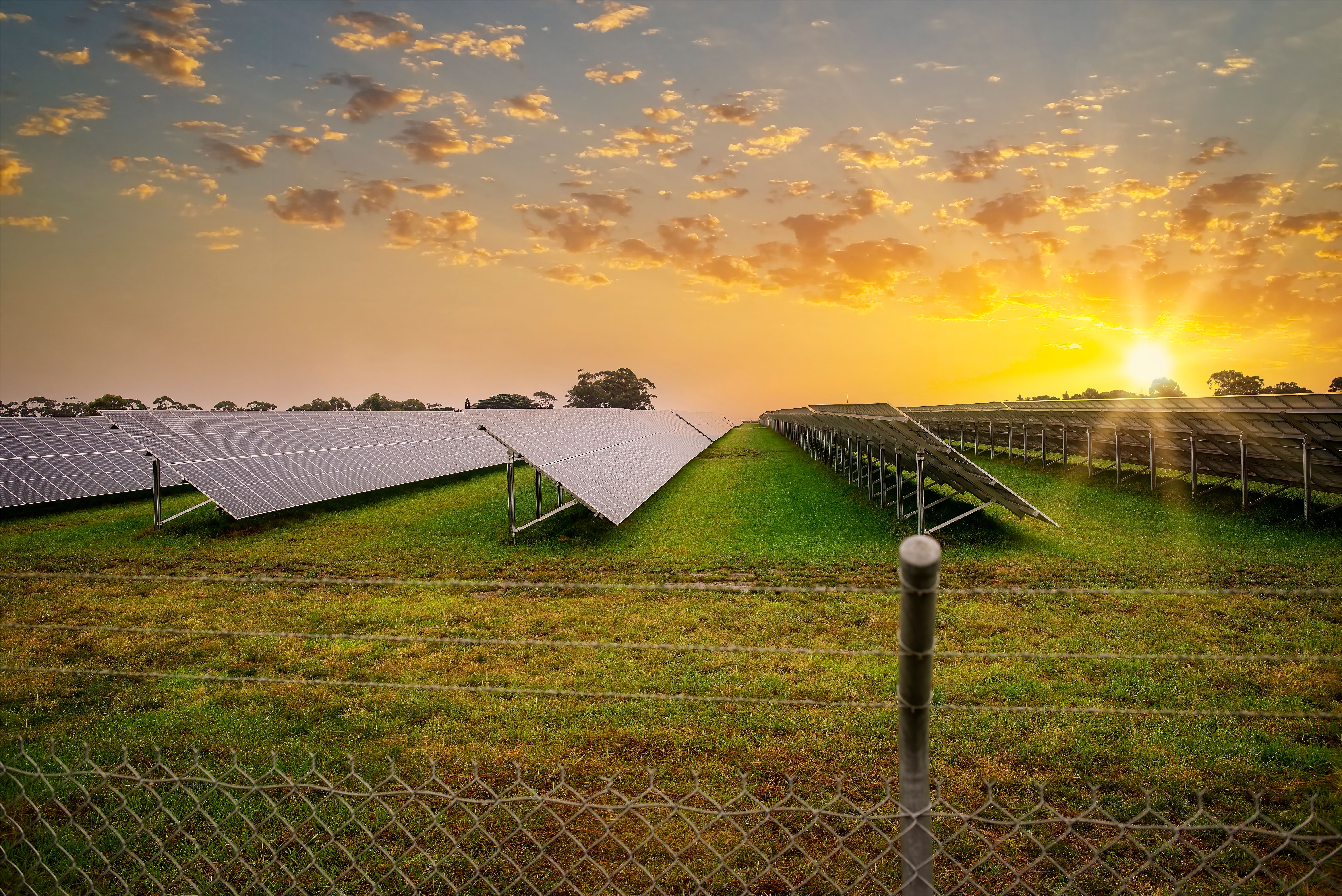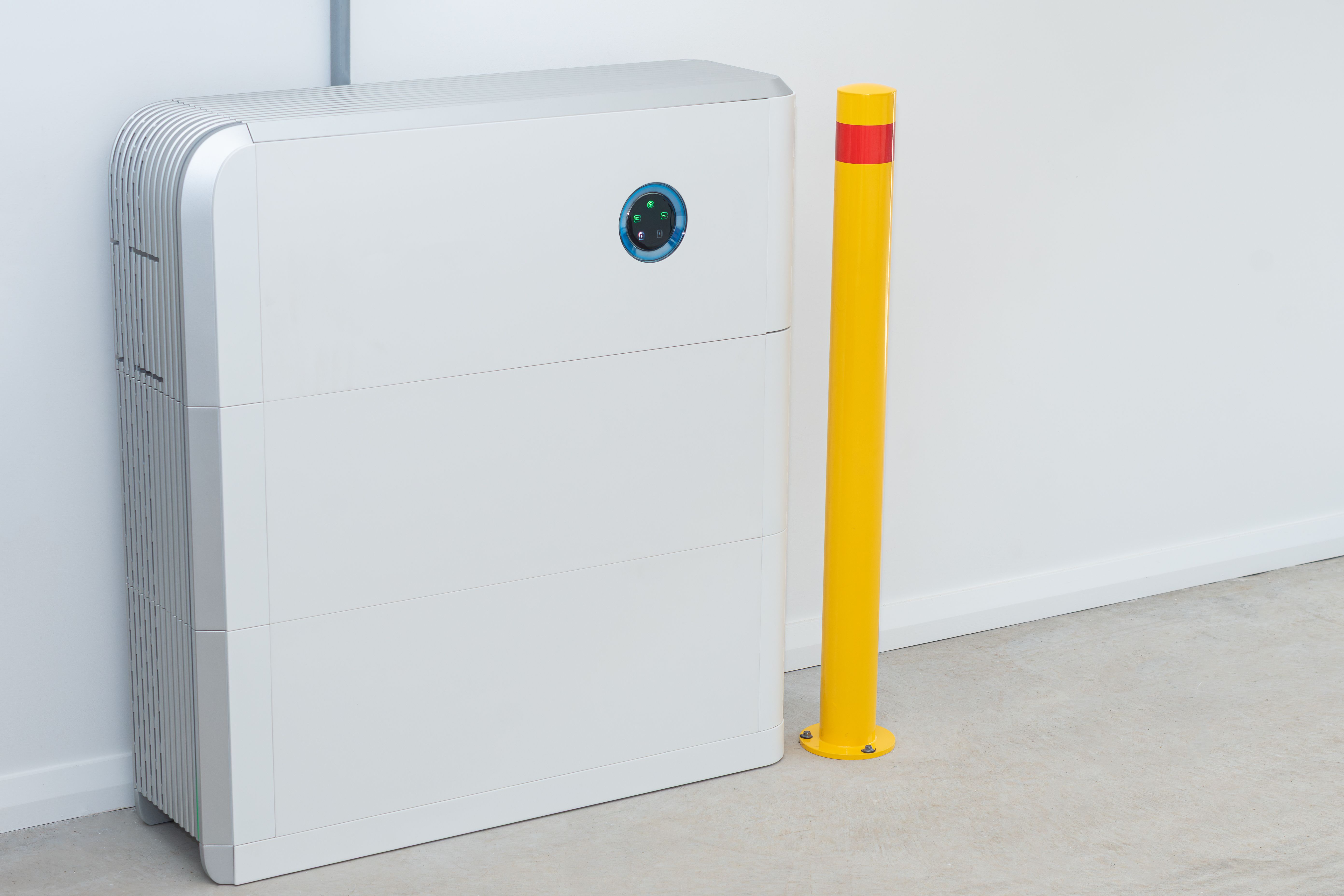The Rise of Distributed Energy in Australia's Renewable Future
Understanding Distributed Energy
As Australia continues its transition towards a renewable energy future, distributed energy is emerging as a pivotal component. Distributed energy resources (DERs) refer to smaller power sources that can be aggregated to provide power necessary to meet regular demand. They are often renewable sources, such as solar panels, wind turbines, and battery storage systems, located close to where energy is consumed.
This decentralization of energy production offers numerous advantages, including reducing the strain on the national grid, enhancing energy security, and providing environmental benefits. As more Australian households and businesses invest in solar panels and other DERs, the country is witnessing a significant shift towards a more sustainable energy landscape.

The Benefits of Distributed Energy
One of the primary benefits of distributed energy is its ability to enhance grid resilience. By generating power closer to where it is used, distributed systems can mitigate the impact of large-scale power outages. This localized production also minimizes transmission losses, making the energy system more efficient.
Additionally, distributed energy supports the integration of renewable sources. With the national grid increasingly incorporating solar and wind power, DERs help balance supply and demand, ensuring a steady flow of electricity even when weather conditions vary. This flexibility is crucial for maintaining a reliable energy supply as Australia moves away from fossil fuels.

Economic Impacts and Opportunities
The rise of distributed energy is also creating new economic opportunities. As more Australians adopt solar panels and battery storage systems, there is a growing demand for skilled professionals in installation, maintenance, and support services. This shift is fostering job creation in the renewable energy sector, contributing to economic growth.
Moreover, businesses are discovering financial benefits through energy savings and incentives. By generating their own power, companies can reduce reliance on the grid and lower electricity costs. Government incentives for renewable energy adoption further enhance these savings, encouraging more investment in distributed systems.
Challenges in the Transition
Despite its numerous advantages, the integration of distributed energy into Australia's energy system presents challenges. The existing grid infrastructure must be upgraded to handle bi-directional power flow and multiple energy sources. Additionally, regulatory frameworks need to evolve to accommodate the complexities of DER integration.
Another challenge lies in ensuring equitable access to distributed energy technologies. While urban areas may benefit from rapid adoption, rural and remote communities might face barriers due to infrastructure limitations or higher costs. Addressing these disparities is essential for achieving an inclusive renewable future.

The Role of Policy and Innovation
Policy plays a crucial role in shaping Australia's distributed energy landscape. Supportive regulations and incentives can accelerate the adoption of DERs and facilitate the necessary grid upgrades. Policymakers must collaborate with industry stakeholders to create a cohesive strategy that promotes innovation and investment in renewable technologies.
Innovation is equally important in overcoming current challenges. Advances in battery technology, smart grids, and energy management systems are continuously improving the efficiency and reliability of distributed energy systems. Research and development in these areas will be key to unlocking the full potential of Australia's renewable future.
Looking Ahead
The rise of distributed energy marks a significant milestone in Australia's journey towards a sustainable future. As technology evolves and policies adapt, distributed energy will play an increasingly important role in meeting the country's renewable energy targets. With continued investment and innovation, Australia is poised to become a global leader in renewable energy.
The transition to a decentralized energy system not only promises environmental benefits but also offers economic and social advantages. By embracing distributed energy, Australia is paving the way for a cleaner, more resilient, and equitable energy future for all its citizens.
